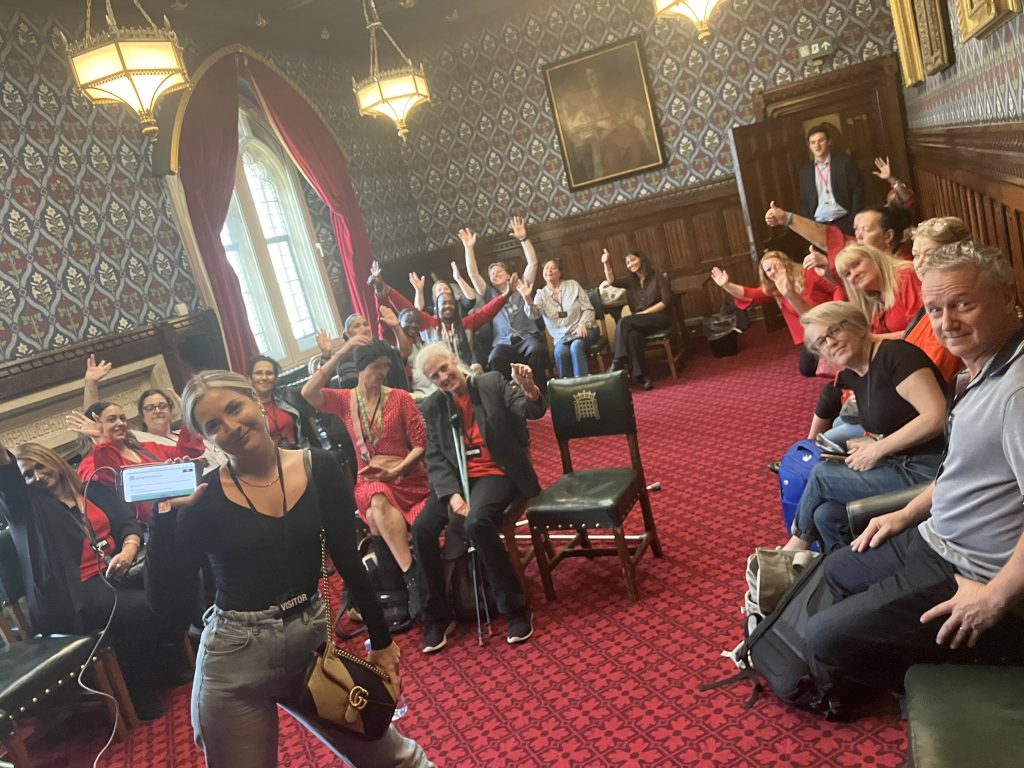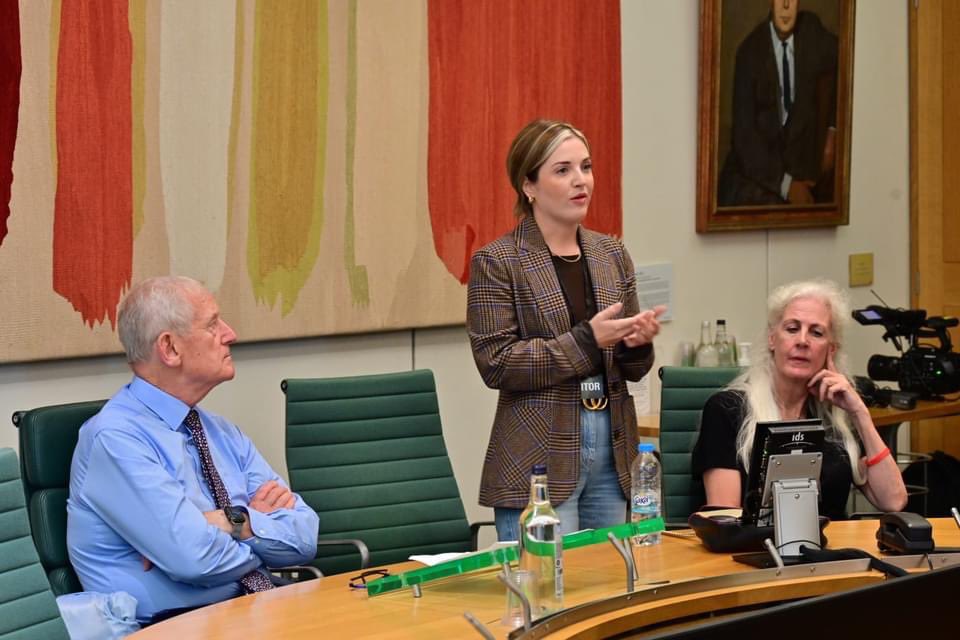On 6 September a Private Members’ Bill calling for fairer appeal processes passed its first reading in the House of Commons. The Criminal Appeal (Amendment) Bill or ‘Joint Enterprise’ Bill, calls for a fairer appeals process for those who remain detained on remand and convicted by joint enterprise will now progress to a second reading later this year. The landmark Bill will help those detained by joint enterprise to invoke their right to a fair trial, which is enshrined in the Human Rights Act (HRA).
‘Joint enterprise’ is a common law doctrine according to which an individual can be jointly convicted of the crime of another. It is a feature of law that has been misinterpreted for over 30 years.
Under joint enterprise, an individual can be jointly convicted of the crime of another if the court decides they ‘foresaw that the other party was likely to commit that crime’. This means that individuals can be prosecuted for a crime as if they were a ‘main offender’, even if they were not present at the time.
In recent years, it has resulted in people involved in much lesser criminal offences, or even bystanders, being convicted of serious crimes, including murder or manslaughter. Under the Human Rights Act, everyone has the right to a fair trial (Article 6) and the right to not be discriminated against (Article 14).
It was my pleasure to present the Criminal Appeal (Amendment) Bill yesterday.
My Bill would give those convicted under Joint Enterprise the opportunity to appeal their convictions. The law was wrong for decades, and it is time the injustice is put right.https://t.co/tzhNKNcBgD pic.twitter.com/eT2jA7b86l
— Barry Sheerman MP (@BarrySheerman) September 7, 2022
Barry Sheerman, Labour (co-op) MP for Huddersfield, presented the Bill. Sheerman stated:“On 6 September, I presented a Bill to Parliament that would give leave to appeal when there has been a material change in the law. Many people have been convicted under a form of joint enterprise that the Supreme Court ruled was misapplied.”
Recently, Sheerman wrote to former deputy prime minister Dominic Raab, calling for changes are made to the appeals system to protect access to justice for those wrongfully convicted. Calls have also been made to the attorney general, Suella Braverman QC MP.
What will the Bill do?
If the Bill is passed it will abolish the substantial injustice test, which many human rights experts and campaigners have described as an ‘unreachable’ test that is forced upon those convicted under the wrong interpretation of the law.
It will mean cases that fall under Parasitic Accessorial Liability (PAL), which the Supreme Court abolished in R v Jogee (2016), will gain the right to an appeal.
In 2016, the Supreme Court ruled that joint enterprise had been misinterpreted in UK courts for over 30 years. Now, it is understood that a person will only be guilty of a joint enterprise offence if they intended to encourage or assist the person who committed the offence to do it. However, since 2016, the way that the law has been used has proved controversial.
Relatives were dubbed ‘security risks’ and moved
Charlotte Henry, witnessed the reading of the Bill. Charlottes brother was convicted under the doctrine and has campaigned on behalf of him, and all people convicted under the doctrine. She stated: “Thousands of people were convicted by joint enterprise before the law changed in 2016. My brother Alex Henry was one of them. Since then I have only existed & happiness is a past time.”
Charlotte, alongside Jengba and families and friends whose loved ones are detained, watched the Bill presented before parliament from the public gallery. However, it was cut short. The group, were asked by security to ‘vacate Westminster grounds’ on the basis that they were a ‘security risk’.
The group were then moved to a holding room within Westminster, after they informed security that Lana Adamou, a Lawyer from the human rights group Liberty, was on her way to the gallery. Adamou joined the rest of the group in the holding room, where they watched the Bill pass its first readings from their mobile phones.

Credit: Charlotte Henry.
From the holding room, Charlotte told EachOther:
“Never once previously have we caused a disturbance at Parliament and this occasion was no different. However before Barry Sheerman MP presented the Bill we were asked to leave the gallery because we posed a security risk. It transpired that because we arrived wearing campaign clothing we posed a risk of disruption. In short we were treated in the same way as the joint enterprise convicts we fight for – a mob of undesirables, all in it together and up to no good.”
The Bill passed its first reading with the support of 12 MPs sponsoring it. Henry stated: “Today has been overwhelming and we’re so grateful for the support shown by MPs especially Barry Sheerman. We await a full explanation from the Sergeant at Arms as to why our Article 10 rights were curtailed in such a unfair way.”
A legal case to follow
Neither the Crown Prosecution Service (CPS) nor the Ministry of Justice (MoJ) records or monitors data about joint enterprise prosecutions, meaning there is no official record of the ethnicity or age of those prosecuted under joint enterprise, or the outcomes of those prosecutions.
The advocacy group Liberty is taking legal action against the CPS and the MoJ on behalf of the grassroots campaign JENGbA (Joint Enterprise Not Guilty by Association) for their failure to record data on joint enterprise prosecutions. A spokesperson for Liberty stated: “This failure breaches their duties under the Equality Act 2010 to have due regard to eliminating racial discrimination. We are calling for the CPS and MoJ to record data on:
- The number of joint enterprise prosecutions brought for offences involving violence by area
- The ethnicity and age of those prosecuted
- Whether any ‘gang’ evidence was relied on by the Crown in those cases
- And the outcomes of those prosecutions.”


